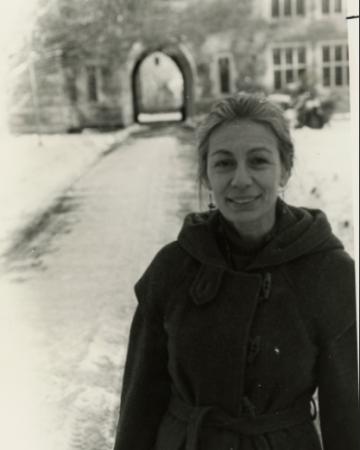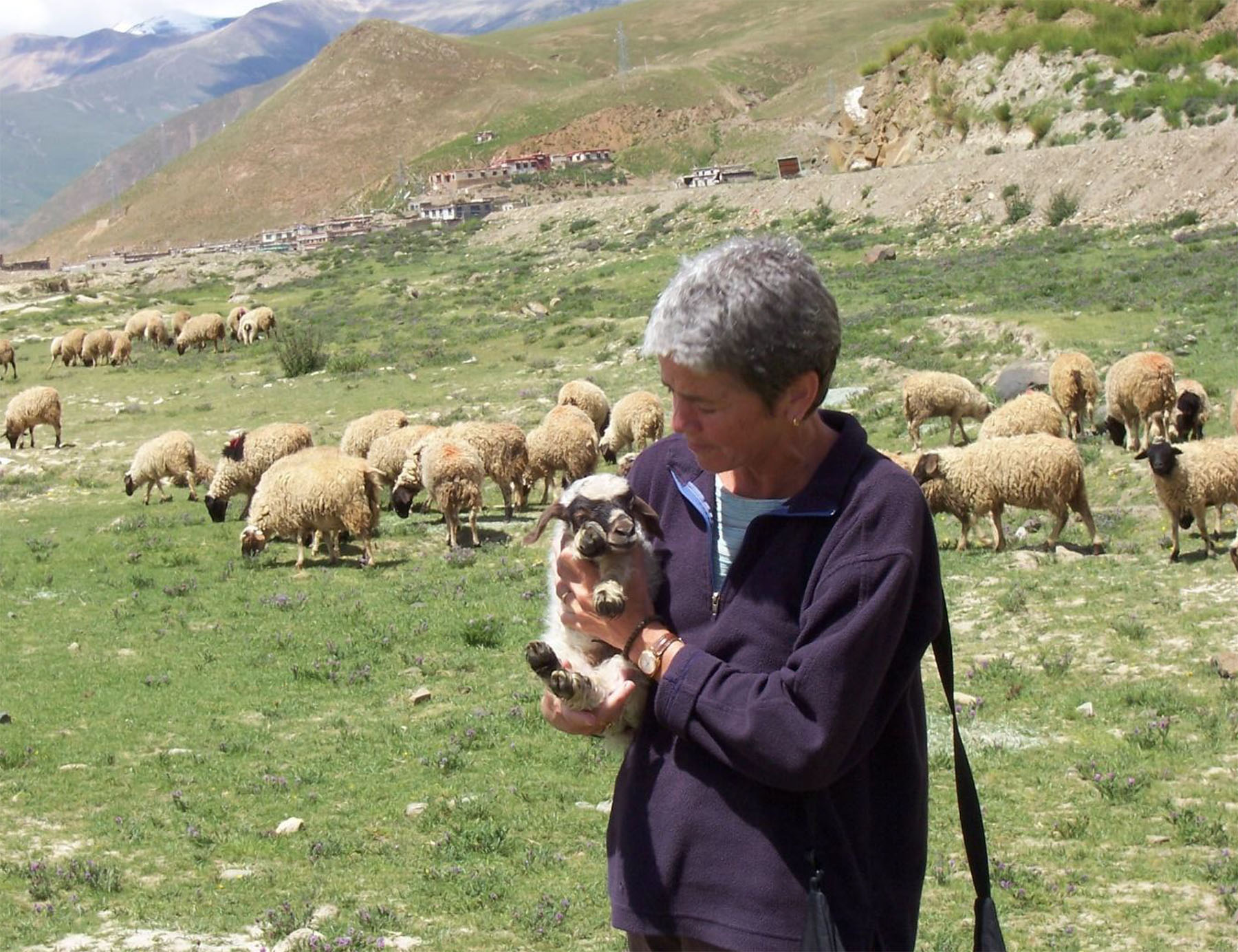Awards And Prizes
Lilo Stern

———. 1973. “Inter-Household Movement in a Ladino Village of Southern Mexico.” Man 8 (3): 393-415.
The Lilo Stern Writing Prize is awarded annually for the best student paper submitted for grading in an Anthropology course. This prize helps to keep alive the memory of anthropology professor Dr. Lilo Stern. Lilo received her PhD from the London School of Economics, and taught at Vassar for 20 years. She maintained a career-long interest in social structure, was deeply committed to social justice, and in her personal and intellectual life was also a maverick. Lilo enthusiastically resisted hard and fast categorizations. For that reason, papers focused on cultural resistance practices are especially appropriate. All submissions should demonstrate originality of thought and presentation, while engaging comprehensively the assignment prompt and/or relevant literature.
Submissions to the award committee are made by the faculty member for whose course the paper was written. The faculty nomination must (1) show that the student has given permission to share their work with the prize committee, and (2) briefly (50–100 words) contextualize the paper within the course, explaining why it is worthy of the prize. Faculty may submit only one paper per year for consideration. Submitted papers must be in their original form, not having been revised after grading. Senior theses are not eligible for the prize.
Submission of the student paper and accompanying faculty nomination must be sent to anthropology@vassar.edu by the last day of class in the Spring semester. Two winners will be announced. First prize is $100 and second prize is $50. Both winners will receive a certificate.
Anne Pike Tay Prize

Anne Pike-Tay was the author of Red Deer Hunting in the Upper Paleolithic: A Study in Seasonality (1991), Before Lascaux: the Complex Record of the Early Upper Paleolithic (1993), Innovations in Assessing Season of Capture, Age and Sex of Archaeofaunas (2001), and numerous research articles, the most recent embracing her research in Australia and China.
Two Anne Pike-Tay Anthropology Prizes are awarded annually. These prizes help to keep alive the memory of anthropology professor Dr. Anne Pike-Tay. A beloved teacher and distinguished scholar, Anne joined natural science exploration of human origins with cultural anthropological insights into art. Anne received her PhD from New York University and taught at Vassar for 26 years, contributing her expertise in odontochronology to research projects in the human, faunal and environmental prehistories of Europe, Australasia and East Asia. After retirement from Vassar she had a second successful career as an illustrator and puppet-artist, in which she expressed her love of cross-cultural story-telling and of animals, and her wry, lively humor. One prize will be awarded to the student whose work best exemplifies a four field approach to Anthropology. This student should have done work in cultural anthropology, linguistic anthropology, archaeology, and biological anthropology. A second prize will be awarded to the student who has combined their anthropology with expertise in art, Asian studies, or the environment, all of which were greatly important to Anne.
Each current anthropology faculty can nominate one student for each prize each academic year. Deliberations will take place during the May department meeting, and a vote will follow. Two winners will be announced. The two prizes are $500 each. Both winners will receive a certificate acknowledging their award.